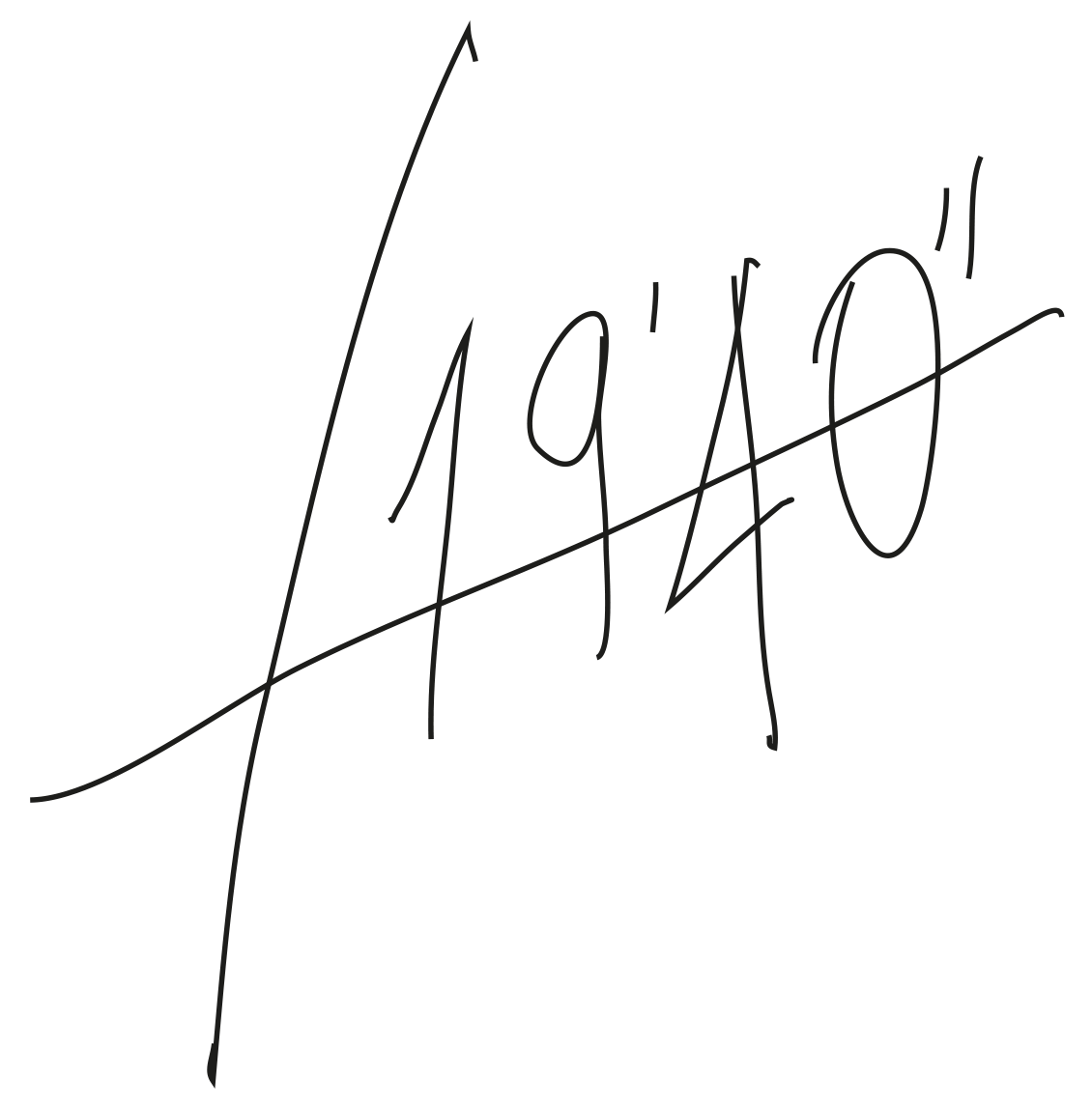Funny that might sound, there are musicologists that can inspire composers and musicians some genuinely breathtaking music. If you are a musician sitting on the "we-don't-need-them-they-need-us" side, this incipit will probably make a lot of sense. If you don't have anything against musicologists, you won't have any prejudices about Giya Kancheli's Liturgy (Mourned by the Wind) either. And you shouldn't because we are talking about (mind the next words) an absolute masterpiece here.
So what's the story? Givi Ordzhonikidze, a scholar known for his work on Shostakovich, was on of Giya Kancheli's closest friends and a champion of the Georgian composer's music. He passed away in 1984, prompting Kancheli to write a Viola Concerto with Russian virtuoso Yuri Bashmet in his mind. The result requires a cathartic, 40 minute-long bath into self-controlled pain and consolation. Rocking between these two states of mind, Liturgy miraculously eschews the music clichés you would probably associate with the theme of loss and is proof of what sort of lucid mind Kancheli is. No wonder that the crowd at the Royal Festival Hall in London last week gave him a standing ovation at the end of a superb rendition of his masterpiece by Isabelle van Keulen (viola) and the London Philharmonic Orchestra masterly conducted by Vladimir Jurowski.
Now turn off your lights and phone and get in a pensive and meditative mood with Kancheli's Liturgy.
Magari ti farà strano saperlo, ma ci sono dei musicologi che possono ispirare a compositori e musicisti dei brani davvero straordinari. Sei sei un musicista di quelli che "non abbiamo bisogno di loro, loro hanno bisogno di noi", questo incipit ti suonerà più comprensibile. Se invece non hai nulla contro i musicologi, non avrai nemmeno dei pregiudizi nei confronti di Liturgy (Mourned by the Wind) di Giya Kancheli. E in effetti non dovresti, perché si tratta di (occhio) un autentico capolavoro.
Ma quale sarebbe la storia dietro a questa composizione? Nel 1984 muore Givi Ordzhonikidze, studioso noto per il suo esteso lavoro su Šostakovič, nonché amico intimo di Kancheli e suo fervente supporter. Il compositore georgiano decide così di tributargli un Concerto per viola ed orchestra, con il virtuoso russo Yuri Bashmet in qualità di solista. Il risultato richiede 40 minuti di immersione catartica nella pena e consolazione che la musica di Kancheli tiene lucidamente sotto controllo. Solo una mente musicale come la sua riesce infatti ad evitare i cliché che normalmente assoceresti al tema della perdita. Non è dunque un caso se il pubblico della Royal Festival Hall lo ha salutato con una standing ovation al termine di una superba performance di Liturgy con la viola di Isabelle van Keulen e la London Philhrmonic Orchestra condotta magistralmente da Vladimir Jurowski.
Ora è tempo di spegnere telefono e luci per entrare in uno stato pensoso e meditativo con Liturgy di Giya Kancheli.

